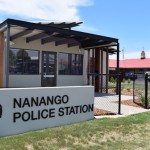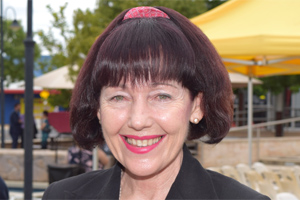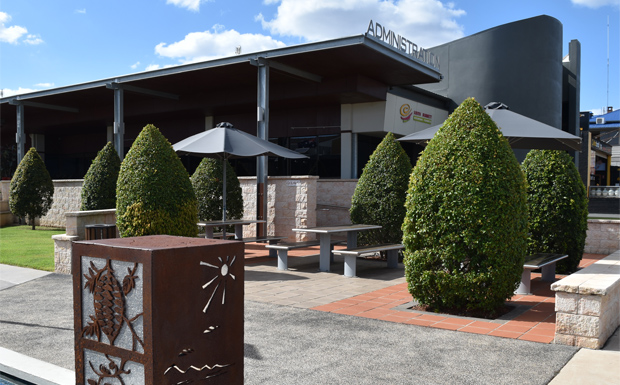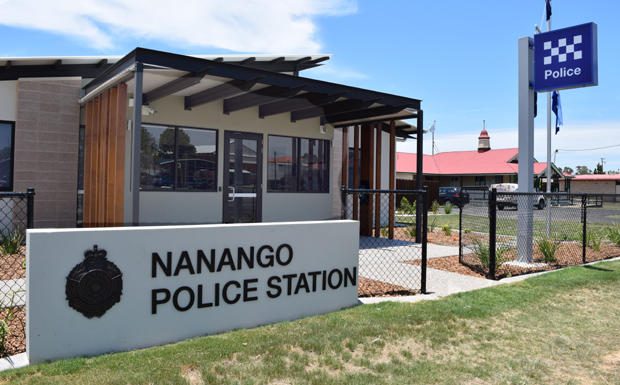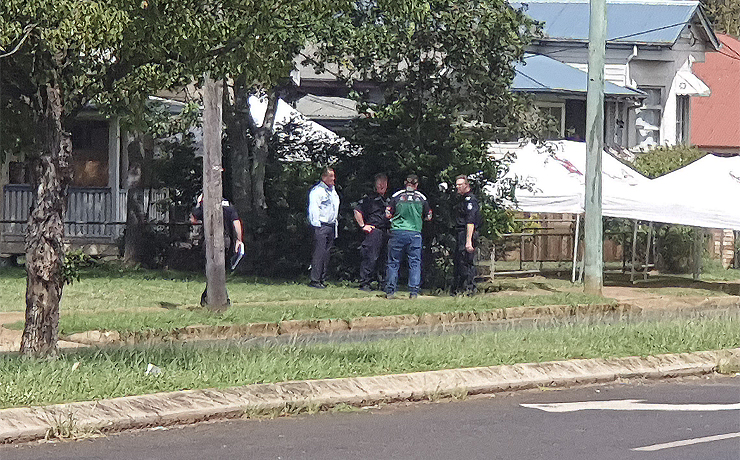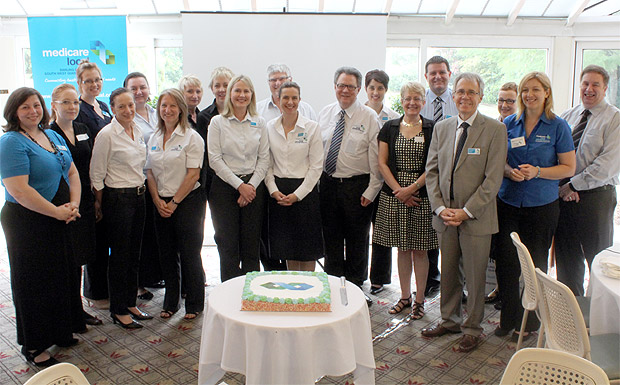
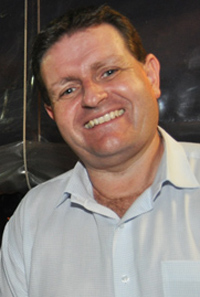
May 19, 2014
The Federal Budget announcement that the 61 Medicare Locals across Australia will be scrapped has been greeted with equanimity by the Darling Downs South West Queensland Medicare Local team.
“While the announcement has been unsettling for our staff and community, it will not detract from our commitment to support and strengthen primary health care across the Darling Downs, South Burnett and South West Queensland regions,” DDSWQML chairman Dr Graham Baker said.
DDSWQML chief executive officer Andrew Harvey said it was still too soon to see the full ramifications of the announcements made in the Federal Budget.
“We’re committed to working with the Australian Government to continue to help improve primary health service delivery,” he said.
The Federal Government announced in the recent Budget that Primary Health Networks (PHNs) would be established with a mandate “to provide better access, coordination and delivery in primary health care” from July 1, 2015.
Dr Baker and Mr Harvey said they were proud of the achievements of the DDSWQML, which was only set up two years ago.
“In this relatively short period we have built strong partnerships with hospital and health services and local councils, as well as many other organisations,” Dr Baker said.
Some of the highlights include:
- Funding to 57 practices to deliver after hours services, including three newly established after hours services
- Set up of the Health Service Centre, based in Toowoomba, delivering healthcare services to the Aboriginal and Torres Strait Islander community as well as diabetes education services to the general community
- Over 34,000 clinical frontline services delivered (direct and commissioned) throughout the region
“We have done this with a focus on delivering and supporting existing frontline health services and building better engagement with GPs and health professionals,” Dr Baker said.
“Furthermore, we are already working hard to connect health to meet local needs and to reduce fragmentation and improve health outcomes for our communities, a key feature of the government’s design of PHNs.
“Over the next few months, the role of PHNs will become clearer. At this stage, we know only that the PHNs will be established following a tender process yet to be released by the government.”
Related articles:







